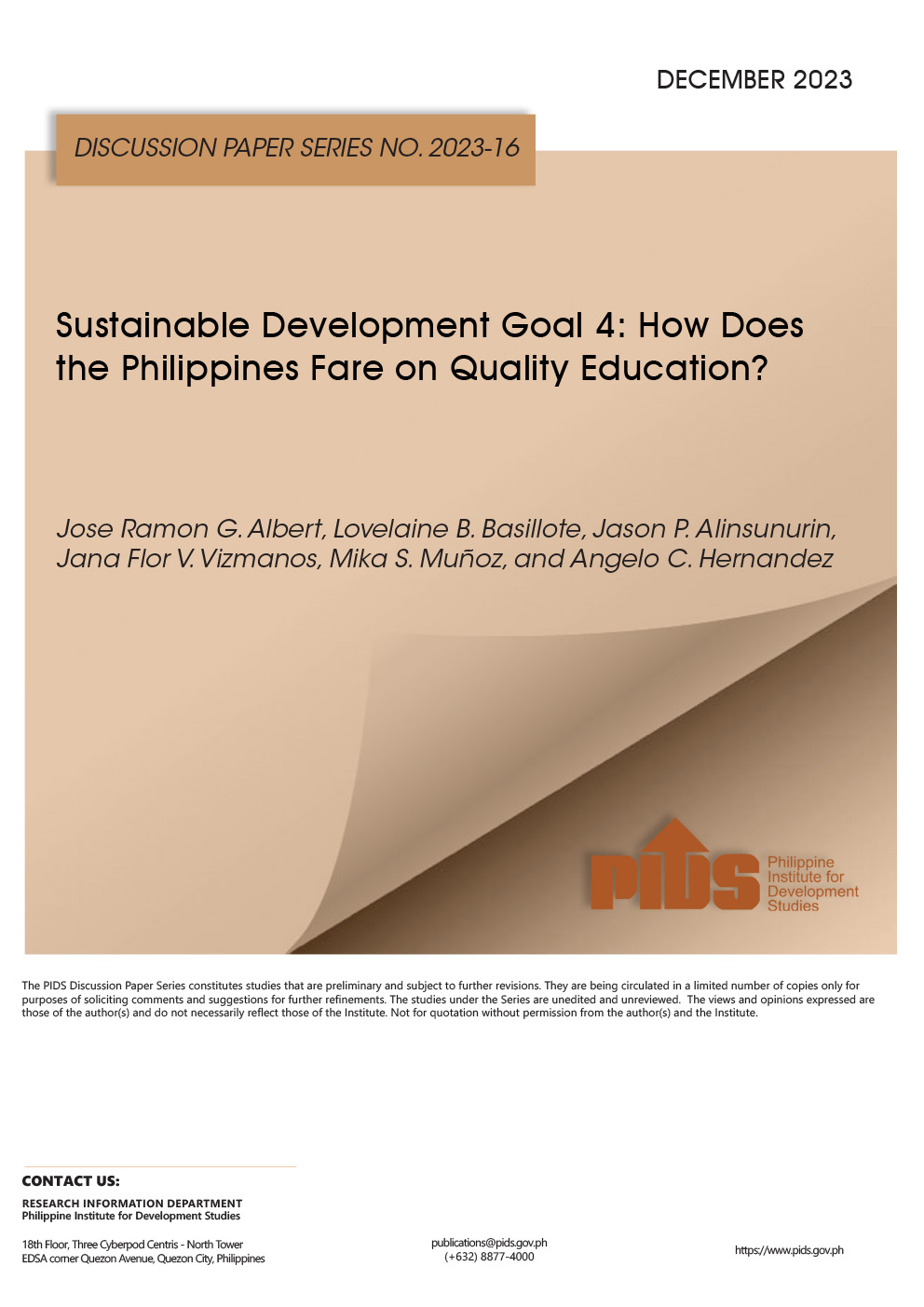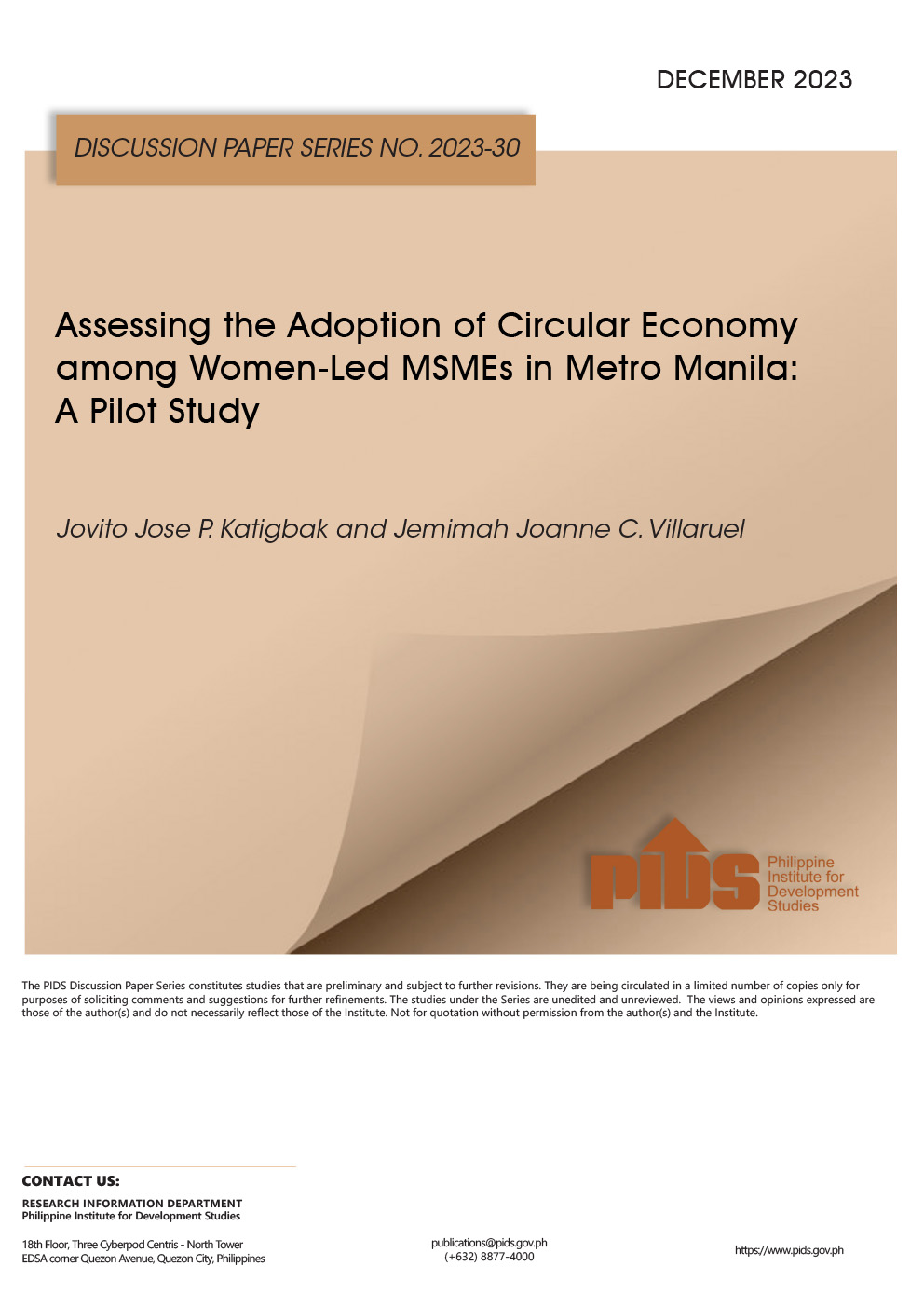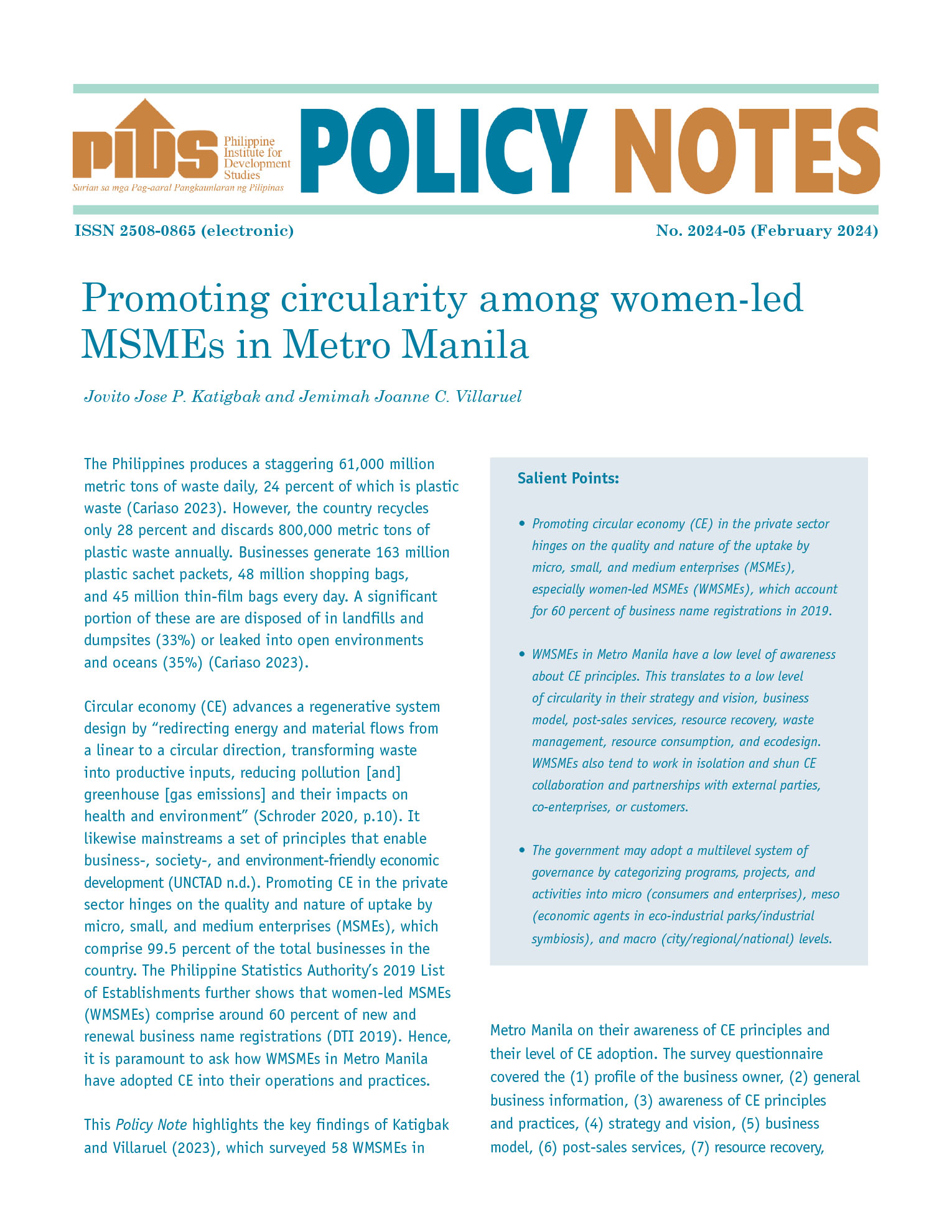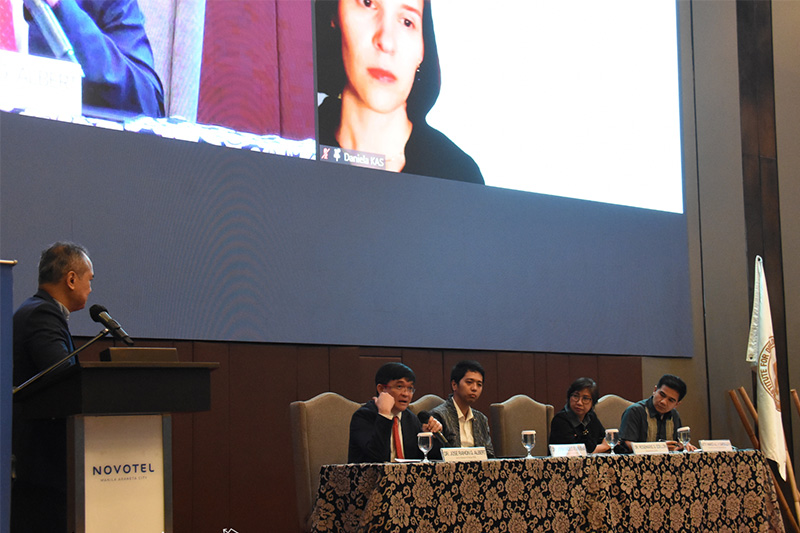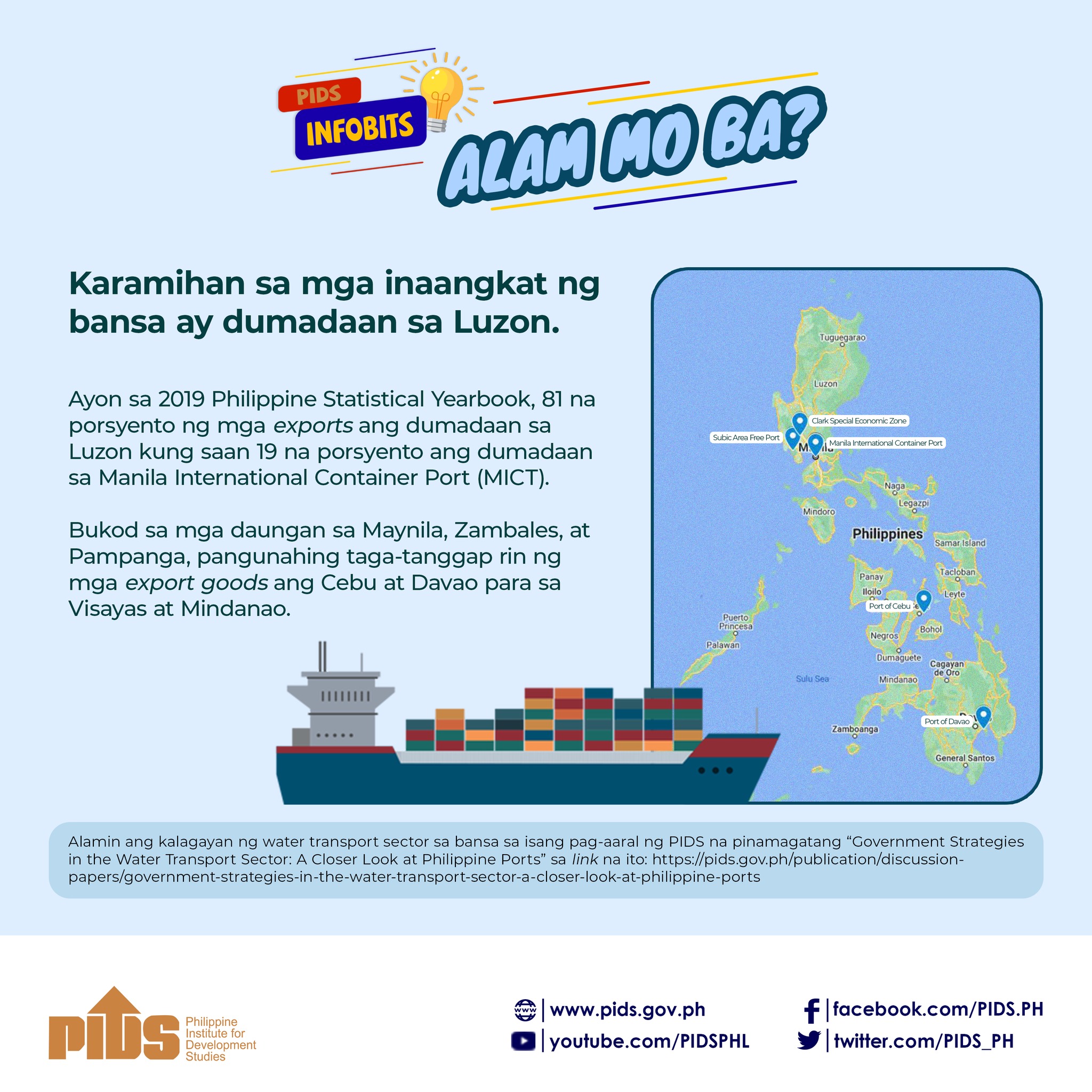The Finance Department said Thursday the Philippines should still join the Trans-Pacific Partnership to further increase opportunities in foreign markets.
Finance Secretary Cesar Purisima said in a statement released late Thursday afternoon he “remains strongly in favor of Philippines membership to the TPP.”
The Washinton-based agreement, one of the world’s biggest trade deals, was signed by 12-member countries in Auckland, New Zealand Thursday.
“The Department of Finance reiterates our strong position that the Philippines stands to gain from becoming a member of the trade pact, and that Asean’s admission into the TPP as a region will be a boon to TPP countries,” Purisima said.
He said intra-Asean trade expanded 18 percent percent from 2012 to 2014 following vibrant demand and demographics.
“Asean features diverse countries forming a constellation of supply chains with complementary goods, with the potential to ultimately transform trade from intermediate goods to final consumption goods,” Purisima said.
He cited a study by the state-run think tank Philippine Institute for Development Studies showing that value of exports could increase if the country joined the TPP.
“TPP membership bodes well for economic performance at home as well. An April 2014 Philippine Institute of Development Studies paper projected that the value of Philippine exports will rise if it participates in the TPP. According to the study, the increase in exports ranges from 0.44 percent to be realized from year 2 to 11 of joining,” Purisima said.
The stringent law on foreign ownership remains one of the main challenges faced by the Philippines in joining the TPP.
“Presently, the Philippines can enjoy a window of opportunity to observe an incubating period as implementation sets in. It is useful to be vigilantly critical as the dust settles around the current members of the pact, in order to better prepare ourselves for entry in the hopefully near future,” Purisima said.
“The Trans-Pacific Partnership has the potential to be one of the most reliable drivers of growth when the global environment turns sluggish. The potential to join the trade grouping is a golden opportunity we must work hard not to pass up,” he added.
The 12-member countries of the TPP are Australia, Brunei, Canada, Chile, Japan, Malaysia, Mexico, New Zealand, Peru, Singapore, United States and Vietnam.
It took over five years before the 12 countries which account for 40 percent of the world economy agreed to sign the agreement Thursday.//
Finance Secretary Cesar Purisima said in a statement released late Thursday afternoon he “remains strongly in favor of Philippines membership to the TPP.”
The Washinton-based agreement, one of the world’s biggest trade deals, was signed by 12-member countries in Auckland, New Zealand Thursday.
“The Department of Finance reiterates our strong position that the Philippines stands to gain from becoming a member of the trade pact, and that Asean’s admission into the TPP as a region will be a boon to TPP countries,” Purisima said.
He said intra-Asean trade expanded 18 percent percent from 2012 to 2014 following vibrant demand and demographics.
“Asean features diverse countries forming a constellation of supply chains with complementary goods, with the potential to ultimately transform trade from intermediate goods to final consumption goods,” Purisima said.
He cited a study by the state-run think tank Philippine Institute for Development Studies showing that value of exports could increase if the country joined the TPP.
“TPP membership bodes well for economic performance at home as well. An April 2014 Philippine Institute of Development Studies paper projected that the value of Philippine exports will rise if it participates in the TPP. According to the study, the increase in exports ranges from 0.44 percent to be realized from year 2 to 11 of joining,” Purisima said.
The stringent law on foreign ownership remains one of the main challenges faced by the Philippines in joining the TPP.
“Presently, the Philippines can enjoy a window of opportunity to observe an incubating period as implementation sets in. It is useful to be vigilantly critical as the dust settles around the current members of the pact, in order to better prepare ourselves for entry in the hopefully near future,” Purisima said.
“The Trans-Pacific Partnership has the potential to be one of the most reliable drivers of growth when the global environment turns sluggish. The potential to join the trade grouping is a golden opportunity we must work hard not to pass up,” he added.
The 12-member countries of the TPP are Australia, Brunei, Canada, Chile, Japan, Malaysia, Mexico, New Zealand, Peru, Singapore, United States and Vietnam.
It took over five years before the 12 countries which account for 40 percent of the world economy agreed to sign the agreement Thursday.//

